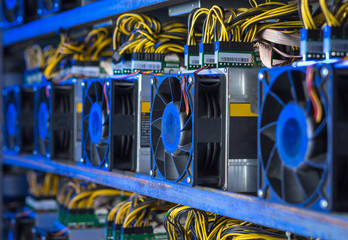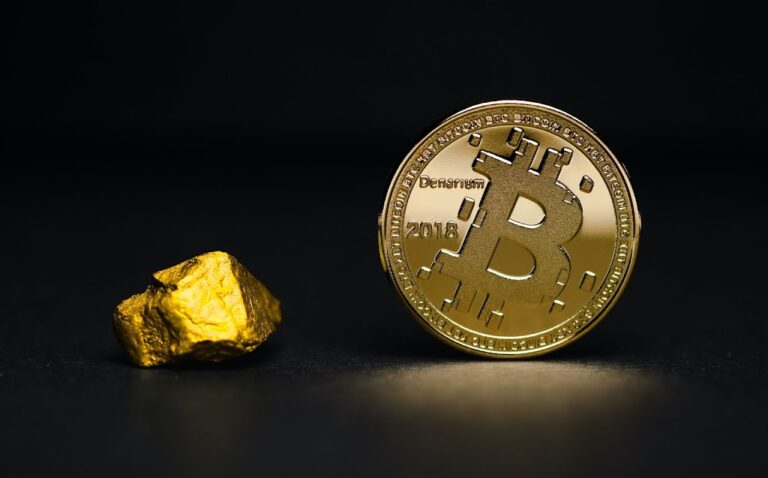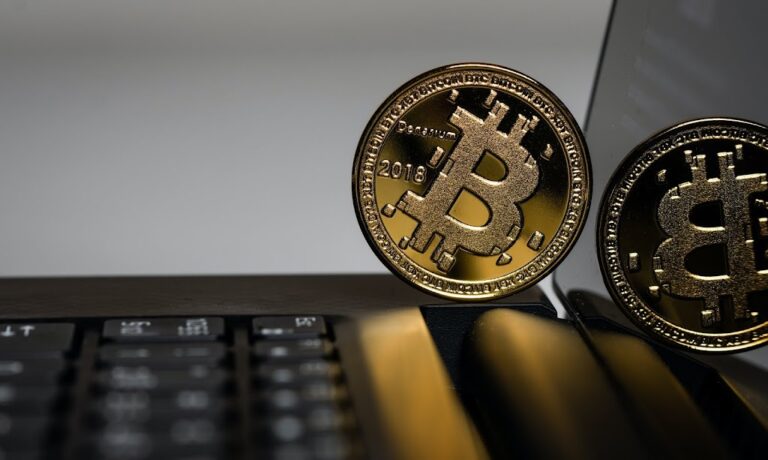
It seems \ u200B \ u200bettä block chain technology, the growing popularity of the financial world has ceased Asian banks’ concerns digital currency. Recently, as major Chinese, Korean, and Japanese financial institutions decided to launch and support the blockchain and digital currency, it became apparent that Asian countries are ready to embrace future technology applications.
Despite the drop in Mt Gox in Japan and the tough Bitcoin trade by the People’s Bank of China, the region’s banking sector has shown great enthusiasm for blockchain technology. Take a look at the Asian banks that have recently introduced the digital currency.
Mitsubishi UFJ (MUFG): Develops its own cryptocurrency
It was big news when Japan’s largest bank created its own cryptocurrency, called the ‘MUFG coin,” while researching the blockchain and shared accounting technology. This initiative was taken to strengthen peer-to-peer switching and mobile phone functionality without recourse to the decentralized network of miners. The MUFG initiated this project to reduce the costs associated with financial transactions, especially in interpersonal transfers and remittances.
KB Kookmin Bank: Blockchain money transfer project
KB Kookmin Bank, based in South Korea, recently launched a project to develop a blockchain solution for international remittances. It is designed to facilitate safer, cheaper and faster money transfers for customers. According to sources, the bank has tried to expand its services by introducing blockchain technology at a lower level of the data integrity platform. In addition, a blockchain-based foreign remittance and data storage device are also the bank’s future plans.
DBS Bank: Active in Blockchain shares
Singapore’s DBS Bank and the multinational banking company Standard Charted have entered into a blockchain partnership. Both companies have expressed interest in taking their decentralized capital projects to the next level of trade finance with other companies. In this context, DBS and Standard Chartered Bank are considering various decentralized accounting techniques to achieve the goal of a common project.
SBI Sumishin Net Bank: Exploring Blockchain-Based Banking Services
Japan’s SBI Sumishin Net Bank, in collaboration with the Nomura Research Institute, is ready to adopt blockchain financing technology. To develop this project, blockchain company Dragonfly Fintech Pte emerged. Besides, SBI has agreed to invest $ 5 million in the parent company of the Bitcoin exchange in Kraken. At the same time, SBK signed another agreement to invest in the start-up of decentralized accounting technology, in addition to setting up a joint venture with a company in Asia.
Central Bank of China: issues digital currency
The People’s Bank of China has expressed interest in issuing its own digital currency. While PBoC is uncertain whether this currency would use blockchain technology or not, this movement is serious enough. Evidence of this is their meeting with the Governor of the Central Bank, Deputy Governors other than large financial institutions and expert advisory bodies. In addition, Citibank and Deliotte responded positively to seeing the central bank’s dedicated team’s efforts toward the digital currency.
MIZUHO Bank: joins the R3 Blockchain consortium
At the Japanese bank, Mizuho has had several previous connections to the Bitcoin industry. Last year, Mizuho became one of 25 banks that joined the R3CEV Consortium for Distributed Ledger Technology. The bank joined R3 because they saw an opportunity to serve the banking industry well with blockchain technology. Decentralized accounting technology has the potential to innovate in day-to-day banking, according to the bank’s vice president.
Shinhan Bank “: investment in a blockchain company
Located in Seoul, South Korea, Shinhan is one of South Korea’s largest financial services companies. It recently made the news by tying in about $ 427,000 to Stream, a blockchain money transfer. Steam is targeted at the Asian remittance market, which covers the southern zone of China. It is designed to help people avoid illegal money transfers in the target area.







